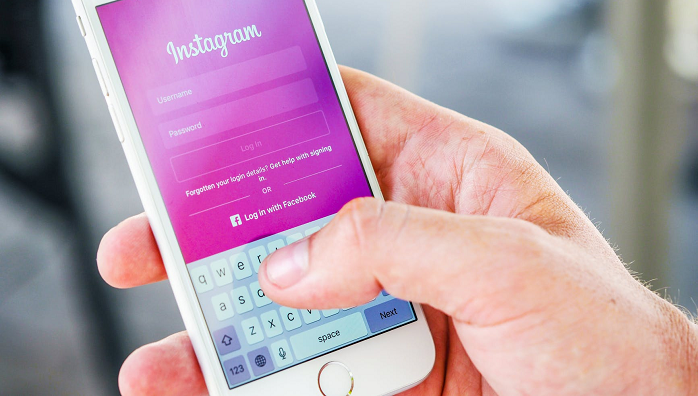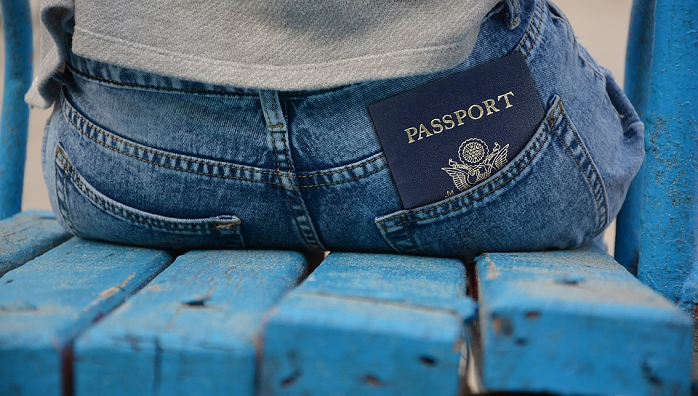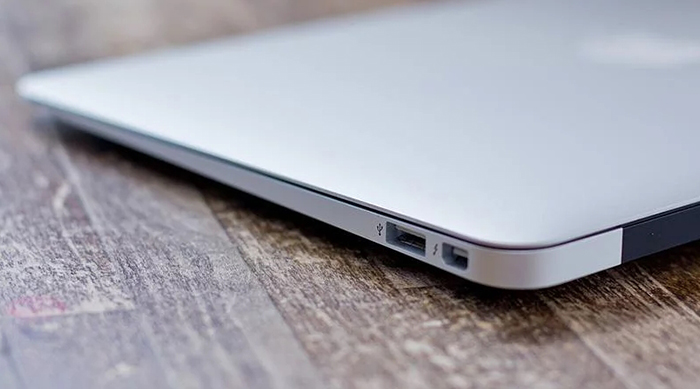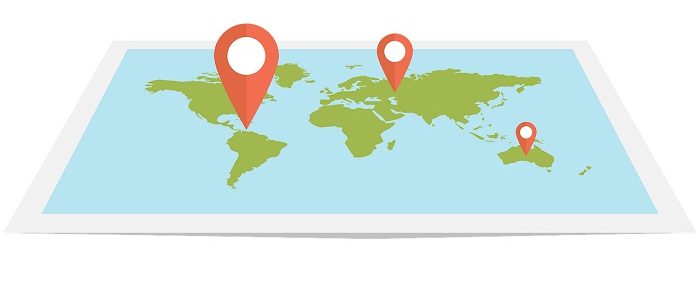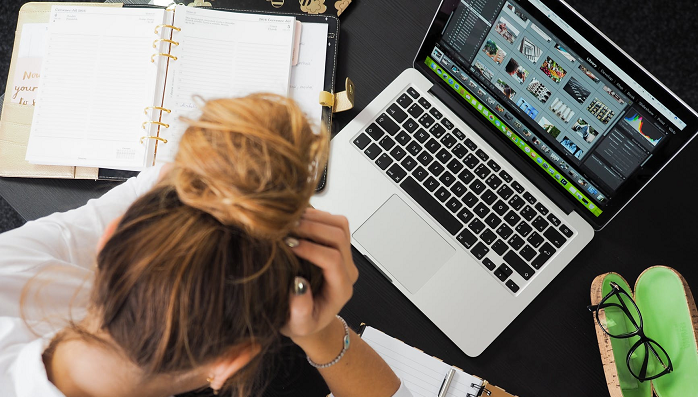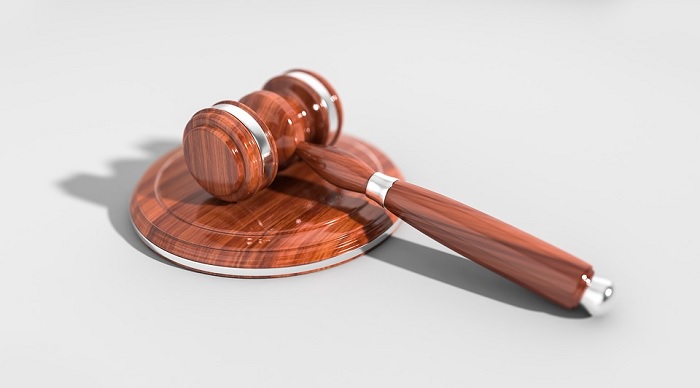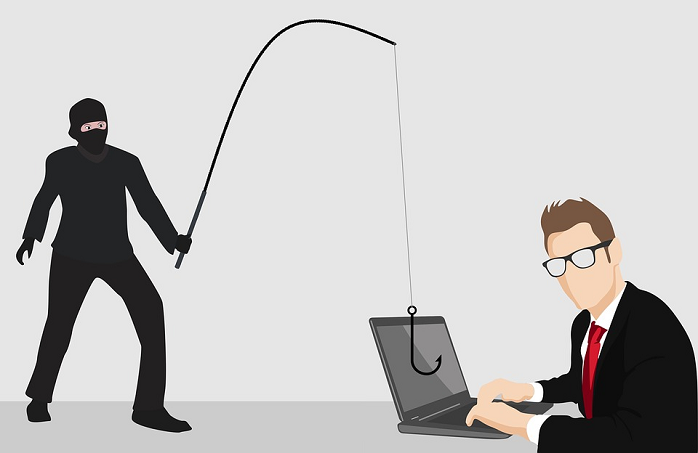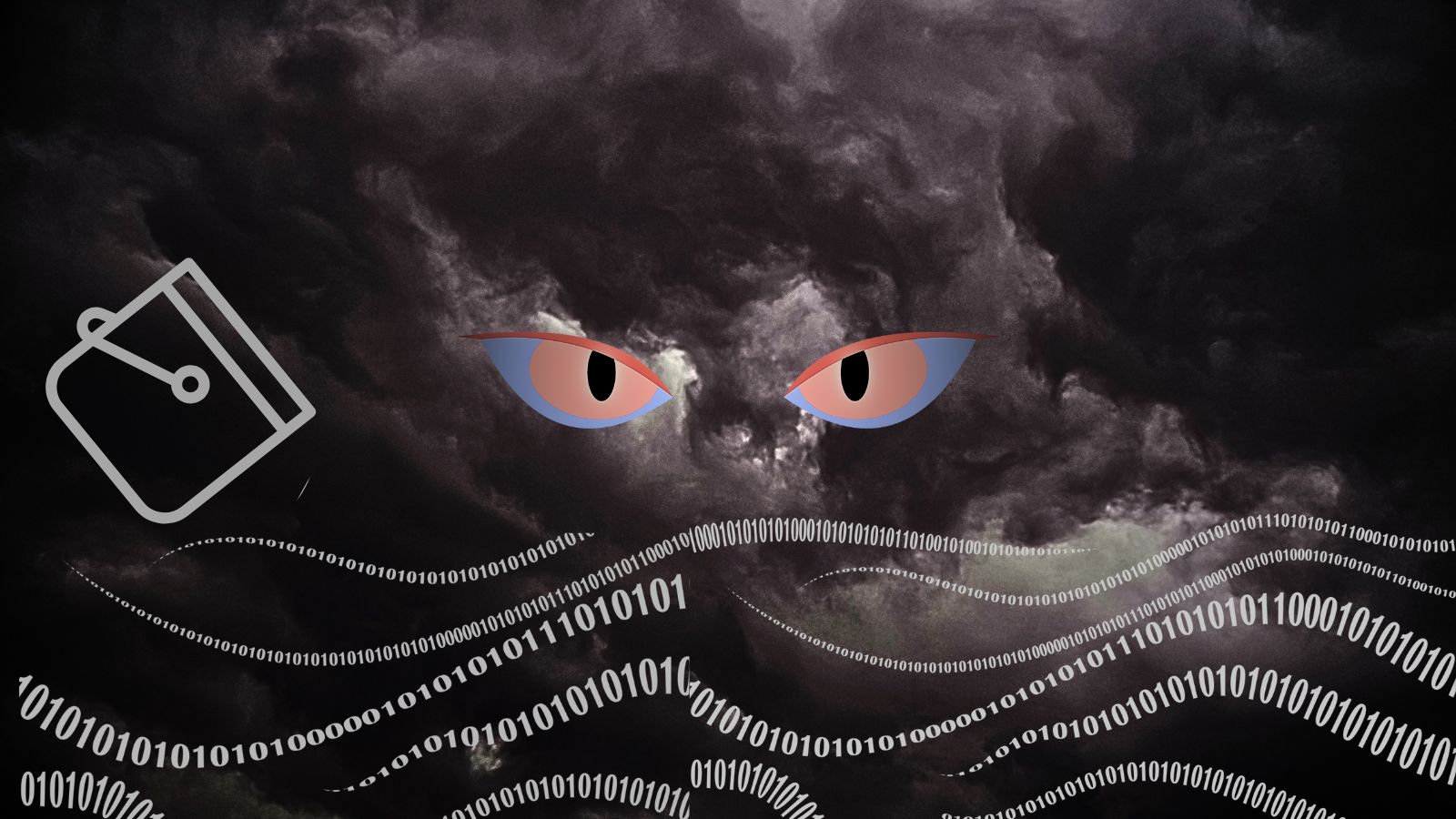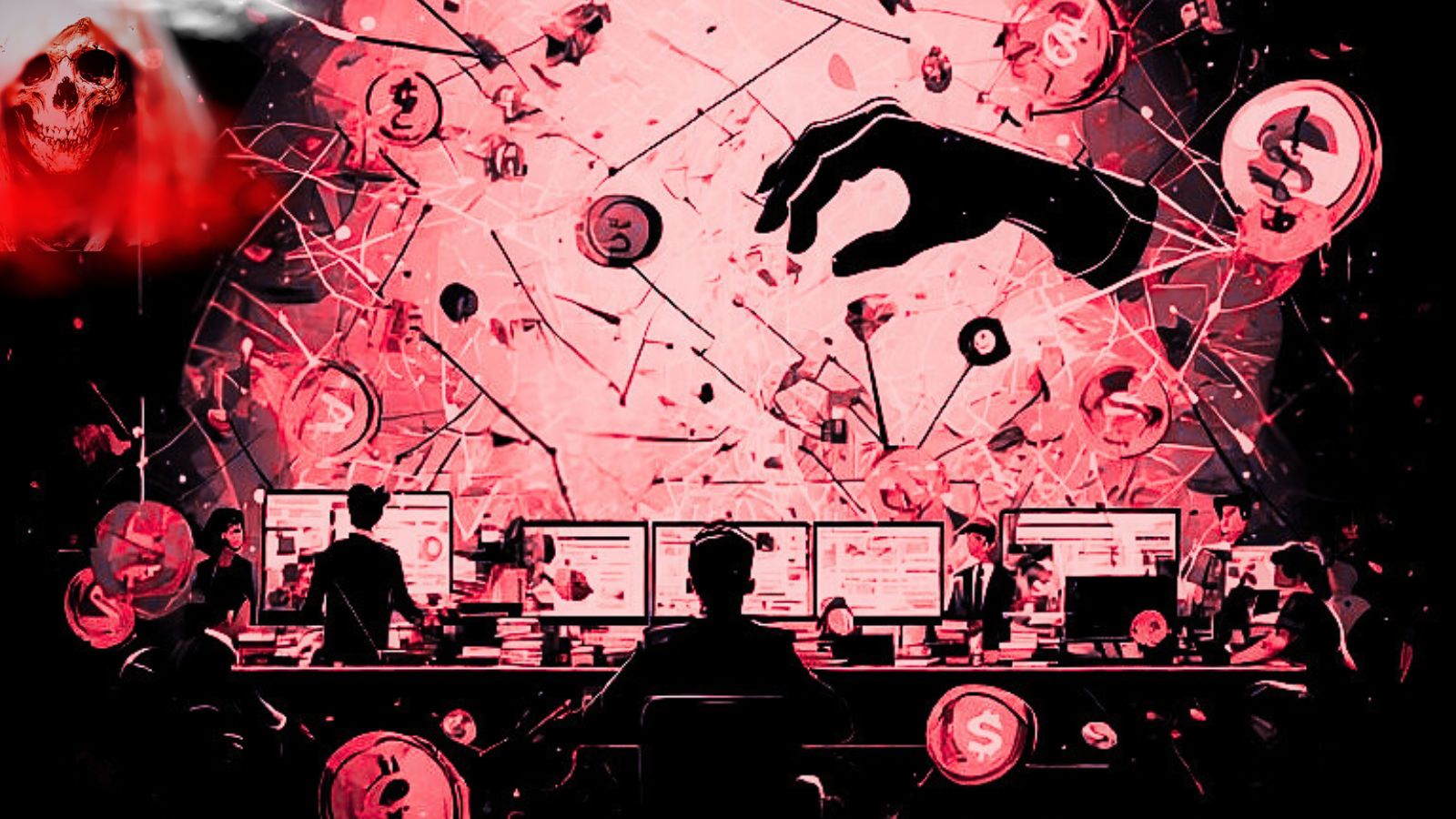
These 14 Things Should Never be Part of Internet Sharing
The modern internet is all about sharing. You can blog about your dog’s antics or share a picture of that wonderful lunch on Instagram. Unfortunately, the internet is full of people who would happily victimize yours for their own gain. Alternatively, some information you put out there can simply come back to bite you when it comes to work or your reputation.
Either way, it means you need to be extra vigilant before hitting that “share” button. Being too free with your info can literally ruin your life! So what sorts of things are an internet no-no? Read on my friends!
The Obvious Stuff
I hate that I even need to include this here, but there’s a list of things you very obviously should not share online. Here they are:
- Your credit cards
- Passwords
- Bank details
- Email addresses
- Phone numbers
- Your address
The list could be much longer, but you should get a general idea. These types of info are the sort that can be directly used against you in a variety of ways. So keep them to yourself.
Pictures of Kids
If you’re a proud parent it makes perfect sense that you would want to share your joy with the world. Unfortunately, the world we live in can be a very dangerous and dark place for children. Human traffickers and sexual predators are but two of the dangers kids may face. Putting photos of your kids, especially photos that betray info such their school, can make them part of a criminal shopping list.
It’s not just pictures of your own children that you should be wary of. If you take photos that contain the children of friends or even strangers, it’s better to simply destroy them. For both, the reason stated above and avoiding the “creep” label.
Pictures of Sensitive Documents
Don’t share pictures of your passport, ID, bills, banks statements or anything else that might give valuable information to scammers or otherwise turn you into a target. There are other less obvious documents you should avoid sharing as well. Tickets to a concert or other event are one good example. They usually have your full name, the seat numbers, and other personal info. At the very least it means everyone will know exactly where you will be at a specific date and time. So wait until after the concert to share your joy.
Anything While on Vacation
In the same vein, sharing just about anything while you are on vacation is a pretty ill-advised. It’s a great way to advertise the fact that you are not at home. For criminals who are around the place you are vacationing, it’s an invitation to target you. Tourists, after all, usually have money and valuables on their person or in their hotel room. Take as many pictures as you like of your well-deserved vacation, but wait until you are safely home before dumping them on Facebook.
Your Shiny Toys
Image Courtesy of MacWorld
A new car, a fancy phone or a huge new TV. You’ve worked hard for your toys and you want to show them off to your friends and family. While it might feel good to do a little bragging on social media, it also paints a big target on your back. Car thieves might be looking for their next mark, for example. Now you’ve given them a specific make and model If you also have other information that will betray your location, then you could get a visit from some unwelcome guests. If you really want to take a photo of your new baby, at least edit the photo to exclude your license plates as well. People with the same make, model, and color might make a copy of the plates. Which means you could get fines or warrants for traffic offenses that have nothing to do with you.
Money Matters
Some cultures have a taboo against discussing money or simply see it as rude. In others, it’s expected for you to flash your cash and let people know that your bank account is stuffed.
When it comes to sharing information about your bank balance, good or bad, it’s almost always a bad idea. Bragging about how you’re making bank online is likely to make you a target for theft, kidnapping, and scams. Ironically, letting everyone know that times are tough can also make scammers target you. After all, desperation is something they look for in a mark. So it's a good idea to keep that windfall or hard time under wraps. No one needs to know what's happening in your bank account.
Your Real Location
Isn’t it amazing that we all now have these little supercomputers in our pockets? Packed with sensors, processors and other technologies you can do so much on the go now. Included in that amazing tech package is a GPS unit that can pinpoint your location anywhere on the planet. Super-handy when you want to go somewhere or need to tell someone where you are.
Lots of apps take advantage of it as well. You can “check-in” at businesses to show you were there. You can geotag your photos to show where they were taken and a whole bunch of other things that are dependent location. Social media like Facebook also let you display where you are (more or less) when you make a post.
My advice to you is not to enable such options and try to refrain from sharing your real location with anyone online. Especially if you care about your privacy.
Risky Photos
Even when you don’t have a geotag on a photo or images of your actual credit cards, there are still risks for other sorts of info to appear in your images. For instance, if you take a lot of pictures in your home, one could build up a map. Look for weak spots or take note of what’s in your house. Modern cameras are so good that some information in the background, such as text on papers, can be read if you zoom in a bit.
Every time you want to upload a photo, give it a good look. Is there anything in it that you would be uncomfortable with someone not close to you seeing? It’s probably better to keep it private in that case.
Info That Puts Others at Risk
You aren’t only responsible for your own information when you are sharing things online. You should also be careful about saying things about people you know that they might not want out there. If a friend tells you something in confidence obviously don’t share that. But even seemingly innocent facts such as where they work could be a problem. In general, you shouldn’t share anything about other people without their explicit consent.
Sexual Content
Most people don’t actually share their nudes and sex tapes in public places on the web. If you are doing that on purpose you have problems that go beyond what we can help you with. However, plenty of people share sexual stuff online thinking that they are doing it in private. Sometimes they get scammed into it by people on dating sites. Sometimes it’s a hack. In really terrible cases it’s a form of “revenge porn”, which is when someone your really trusted shares pictures or videos of you. The obvious answer is to never make this content in the first place. But hey, you do you. At least never send this stuff out over the net. Once it leaves your computer or phone, you have zero control over where it ends up. What I'm saying is that if you feel like sending someone a sexy video or photo, keep it in your pants.
Details About Your Job
Some of us love our jobs, some of us hate them. Whatever you feel about where you work, keep it to yourself. One of the most ill-advised things you can share on the internet is allegations, opinions or inside information about your workplace.
People that get into disagreements with will often actively try to get you fired by looking through your history and finding bad stuff you've said about your company.
Alternatively, if you disclose where you work, then they'll use controversial opinions you might hold to make your employer look bad.
If you make statements about your workplace without permission, you'll likely find yourself out of a job and fielding calls from a lawyer.
None of these possibilities are good for you!
Inappropriate Selfies
The selfie has become one of the most popular types of photo shared online. In a selfie, people turn the camera on themselves. Usually showing their own face along with something else they want to show the world. Celebrity selfies have almost replaced the autograph as the standard way to annoy famous people in public.
Unfortunately, some people have really questionable taste in selfies. From people taking them at funerals to selfies taken at scenes of disaster, it’s unlikely anyone is going to think you’re awesome for sharing morbid or disgusting selfies.
Libel
“Libel” is a false statement about a person that’s published. Some countries now consider things like Twitter posts as a sort of publications. Which means if you start or spread rumors about people that you can’t prove, you could end up in legal trouble. How risky this depends on the laws in your part of the world, but in general don’t repeat things you’ve heard about people unless it's a matter of public record.
Spam, Scams, and Hoaxes!
Author Terry Pratchett said, “A lie can run around the world before the truth has got its boots on.” Many scams, spam, and hoaxes depend on regular people to pass the information on. If you’ve ever received a scary warning message from a friend via social media, then you know the sort of thing we mean. No matter how compelling that message about vaccines sounds or how urgent the warning about drinking water is, don’t just pass this stuff along. At the very least pay a visit to a site like Snopes and verify that the info is true. By passing on the false and possibly damaging information you could be hurting real people who fall for this stuff. Worst of all, you're supporting the idiots who make the web an unpleasant place for the rest of us.
The Net Should Serve You
Just because something is easy to do, doesn't mean you should be doing it. The internet has made our lives better overall and certainly much more convenient. On the other hand, as a society, we still haven't quite got a handle on how exactly life should operate in a world with the net in it. Sharing platforms that let us move our data around with ease have created as many problems as opportunities. In the end, we are the ones who have to make sure that our use of the net helps us and doesn't hurt us. Strict regulations and laws like GDPR can only do so much. Being educated about the nature of the net will always be a key ingredient in keeping you happy and safe.

